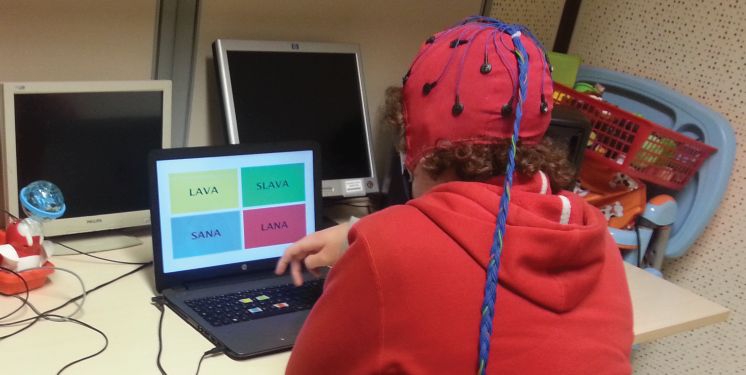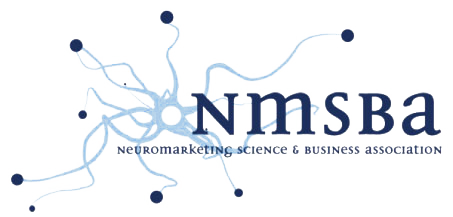COCHLEAR INC.
With the important multinational in the area of cochlear implant, BrainSigns has been involved with Cochlear inc. in a series of important research projects that have leaded to an impressive series of scientific publications on international journals.
The importance to have a bilateral cochlear implant for enjoing music
The first line of research made with Cochlear since 2011-2013 aimed to evaluate if the patients with bilateral cochlear implants perceived the music with more pleasure (emotionally) when compared with themselves when they had just one monolateral cochlear implant.
The results pointed in the direction that patients with bilateral cochlear implants enjoy more music listening than patients with a monolateral implant. This results holds for children as well as for adults, as verified by two independent studies performed with the different hospitals: Bambin Gesù Pediatric Hospital in Rome and Monaldi in Naples.
The importance to have a cochlear implant for improve the quality of learning (workload evaluation)
A recent line of research actually performing with Cochlear since 2015 and up to 2017 is aimed to evaluate if the patients with bilateral cochlear implants perceived the speech information with less cognitive effort when compared with themselves when they had just one monolateral cochlear implant.
In fact, the major cerebral workload for monolateral cochlear implant patients during speech listening could be reflected in a major insurgence of mental fatigue and then difficulties to learn when compared to their bilateral counterpart. This hypothesis could be important for the verification of possible delay in learning for children during elementary school attendance.
Investigation are running on two separate projects with children (Bambin Gesù, Rome) and adults (IRCCS S. Raffale Milano, and Martini hospital in Turin).
Publications related to this line of research
- Cartocci G, Maglione AG, Vecchiato G, Di Flumeri G, Colosimo A, Scorpecci A, Marsella P, Giannantonio S, Malerba P, Borghini G, Arico P, Babiloni F. Mental workload estimations in unilateral deafened children. Conf Proc IEEE Eng Med Biol Soc. 2015 Aug;2015:1654-7. doi: 10.1109/EMBC.2015.7318693. Pubmed PMID: 26736593
- Maglione AG, Scorpecci A, Malerba P, Marsella P, Giannantonio S, Colosimo A, Babiloni F, Vecchiato G. Alpha EEG Frontal Asymmetries during Audiovisual Perception in Cochlear Implant Users. A Study with Bilateral and Unilateral Young Users. Methods Inf Med. 2015;54(6):500-4. doi: 10.3414/ME15-01-0005.Epub 2015 May 13. PubMed PMID: 25969145.
- Maglione AG, Vecchiato G, Leone CA, Grassia R, Mosca F, Colosimo A, Malerba P, Babiloni F. Different perception of musical stimuli in patients with monolateral and bilateral cochlear implants. Comput Math Methods Med. 2014;2014:876290. doi: 10.1155/2014/876290. Epub 2014 Aug 7. PubMed PMID: 25180046; PubMed Central PMCID: PMC4142295.
- Marsella P, Scorpecci A, Vecchiato G, Colosimo A, Maglione AG, Babiloni F. Neuroelectrical imaging study of music perception by children with unilateral and bilateral cochlear implants. Cochlear Implants Int. 2014 May;15 Suppl 1:S68-71. doi: 10.1179/1467010014Z.000000000171. PubMed PMID: 24869449.
- Marsella P, Scorpecci A, Vecchiato G, Maglione AG, Colosimo A, Babiloni F. Neuroelectrical imaging investigation of cortical activity during listening to music in prelingually deaf children with cochlear implants. Int J Pediatr Otorhinolaryngol. 2014 May;78(5):737-43. doi: 10.1016/j.ijporl.2014.01.030. Epub 2014 Feb 12. PubMed PMID: 24642416.
- Vecchiato G, Maglione AG, Scorpecci A, Malerba P, Graziani I, Cherubino P, Astolfi L, Marsella P, Colosimo A, Babiloni F. Differences in the perceived music pleasantness between monolateral cochlear implanted and normal hearing children assessed by EEG. Conf Proc IEEE Eng Med Biol Soc. 2013;2013:5422-5. doi: 10.1109/EMBC.2013.6610775. PubMed PMID: 24110962.
- Vecchiato G, Maglione AG, Scorpecci A, Malerba P, Marsella P, Di Francesco G, Vitiello S, Colosimo A, Babiloni F. EEG frontal asymmetry related to pleasantness of music perception in healthy children and cochlear implanted users. Conf Proc IEEE Eng Med Biol Soc. 2012;2012:4740-3. doi: 10.1109/EMBC.2012.6347026. PubMed PMID: 23366987.







